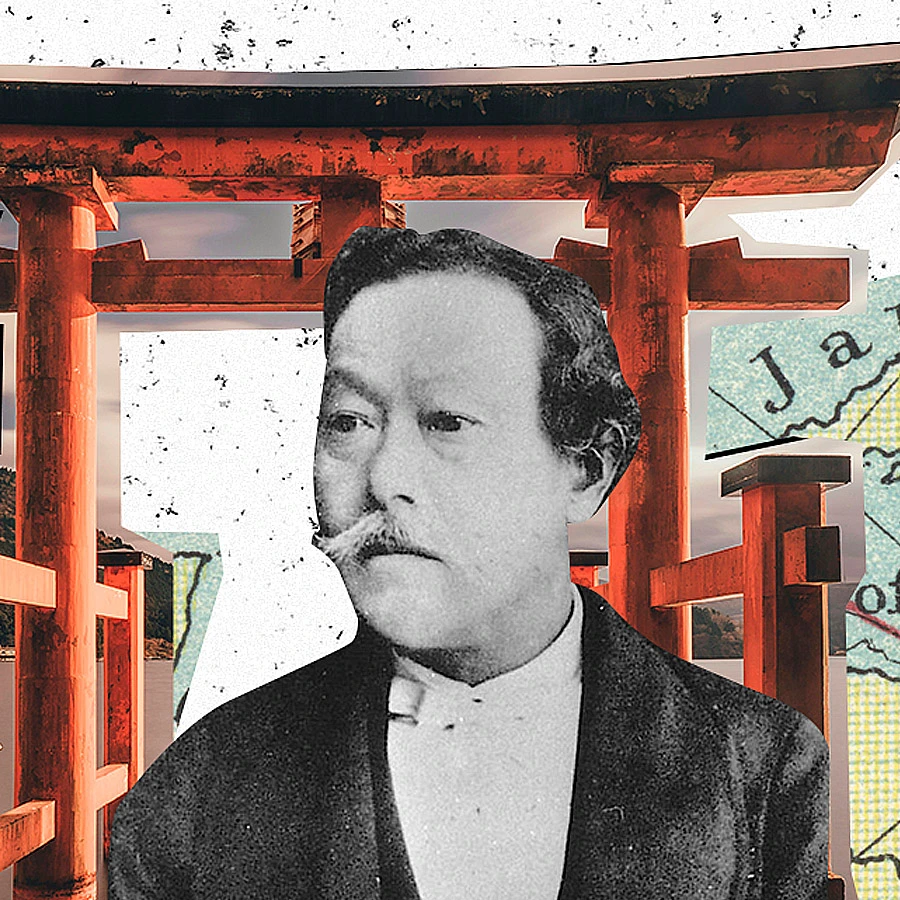When it comes to consumer habits, it's worth asking: do things in our lives need to be mere objects of consumption, or can they become a part of our personal space, a source of satisfaction, and even peace? In Japanese culture, there are two fascinating concepts that can completely change how you view purchases and owning things.
The first is aiosa. This word translates to "a person who uses something with love." It's not just about owning an object—it's about truly caring for it, as if it were another being deserving of attention. Aiusa is about appreciating not only the newness of an item but also its condition, its "history." For example, a beloved old jacket that gets more comfortable over time or a book whose pages gain special charm with each read. There's no place here for hasty or thoughtless consumption. The key is the connection to the object, its meaning in your life.
The second concept is yutori. This word in Japanese is hard to translate, but it generally means "the space needed to breathe." For some, it can be a financial cushion, for others—free time, or simply the space that isn't filled with unnecessary worries or stress. It's the state when you can just be, without obligations to things or people that demand attention.
And here we come to an important lesson: with age and growing wealth, many men begin to realize that not everything around them is worth the attention. Over time, we learn to let go of the excess and keep only what truly matters, while maintaining our peace. It's like with good things—they don't shout, they don't demand attention, and they don't create chaos. They just exist, and their presence fills life with true meaning.
Every thing in your life should have a role. If it doesn't work, it's not needed. But if it brings you warm memories or fills your heart with joy, even in its worn-out state—it works. These are the true values: not things that drain you, but things that bring something more valuable—harmony and peace.
In the end, remember: if you buy something without feeling a deep connection to it, think about whether it’s just a passing need. Real things are quiet. They don't demand extra attention, they don't chatter, and they don't promise more than they give. They become not just a part of your life, but its continuation.
These are the little philosophical lessons that help us choose not only the right things but also build a more conscious and meaningful life.


















